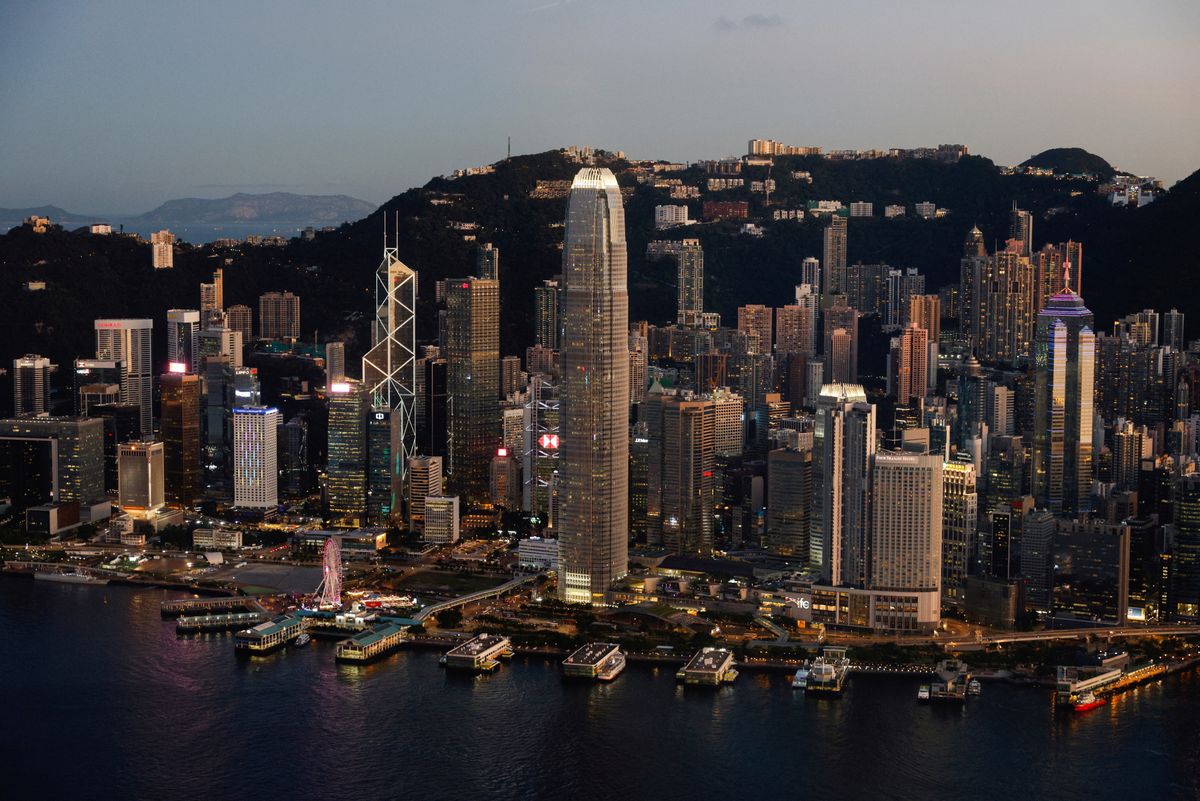What the CBD ban means for Hong Kong
Cannabidiol, more popularly known as CBD, is a chemical found in marijuana.

A few minutes every morning is all you need.
Stay up to date on the world's Headlines and Human Stories. It's fun, it's factual, it's fluff-free.
The backstory: Cannabidiol, more popularly known as CBD, is a chemical found in marijuana. But it's not the same as THC, which is the component that gets you high. Often used as an anti-seizure medication, CBD has some alleged health benefits, like treating depression, stress and anxiety, reducing inflammation or even helping with PTSD. Consumers can buy CBD as an oil, extract, vaporized liquid or capsule form. It's taken the world by storm, with things like CBD coffee shops and bakeries becoming super trendy.
More recently: Hong Kong is a city with thriving CBD-related businesses, like bakeries, restaurants and skin care lines. But last year, Hong Kong authorities announced they'd ban CBD. Why? The government said it's hard to isolate pure CBD from cannabis, and it can get contaminated with THC during the process. Authorities also said CBD could be converted to THC.
The development: Last Friday, customs authorities announced that CBD is a "dangerous drug," and there would be harsh penalties for smuggling it into the city and possessing, producing or selling it. Starting Wednesday, a ban on CBD and CBD products will go into effect in Hong Kong. Penalties include up to life in prison and HK$5 million (US$638,000) in fines. Possession can lead to a sentence of up to seven years and a fine of HK$1 million (US$128,000). Local CBD businesses had to dump their products by now and rebrand to non-CBD establishments.
Key comments:
"Starting from February 1, cannabidiol, aka CBD, will be regarded as a dangerous drug and will be supervised and managed by the Dangerous Drugs Ordinance," said customs intelligence officer Au-Yeung Ka-lun at a news briefing. "As of then, transporting CBD for sale, including import and export, as well as producing, possessing and consuming CBD, will be illegal."
“Sadly, in spite of the demonstrable positive impact, it has now become apparent that the Hong Kong government intends to adopt new legislation to prohibit the sale and possession of CBD,” wrote Hong Kong's first CBD cafe, Found, after closing late last year.
"It's just looking less like an international city," said Jennifer Lo, the owner of CBD Bakery. "Rumors of the ban affected how I do business. Some platforms just took me offline without telling me. And then it was not as easy to get space at markets."
"We will tackle all kinds of dangerous drugs from all angles and all ends, and the intelligence-led enforcement action is our major goal," Chan Kai-ho, a divisional commander with the department's Airport Command, told reporters Friday.




Comments ()